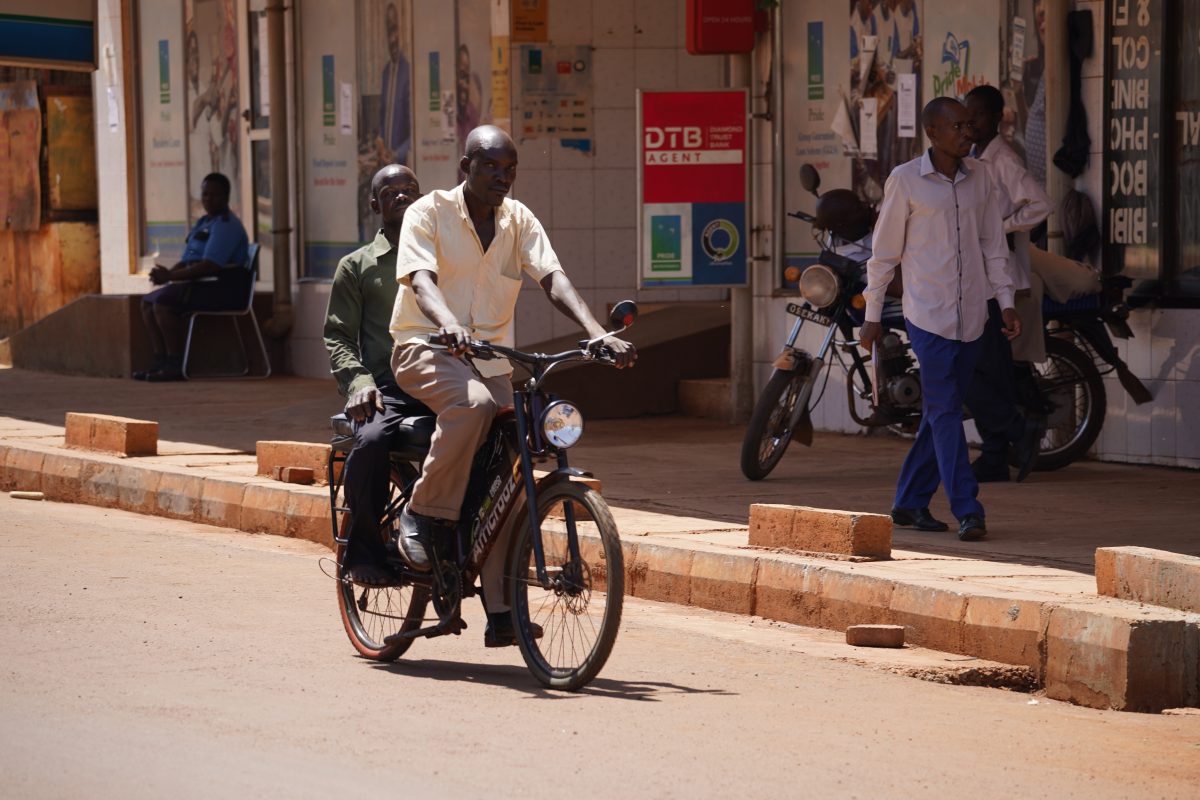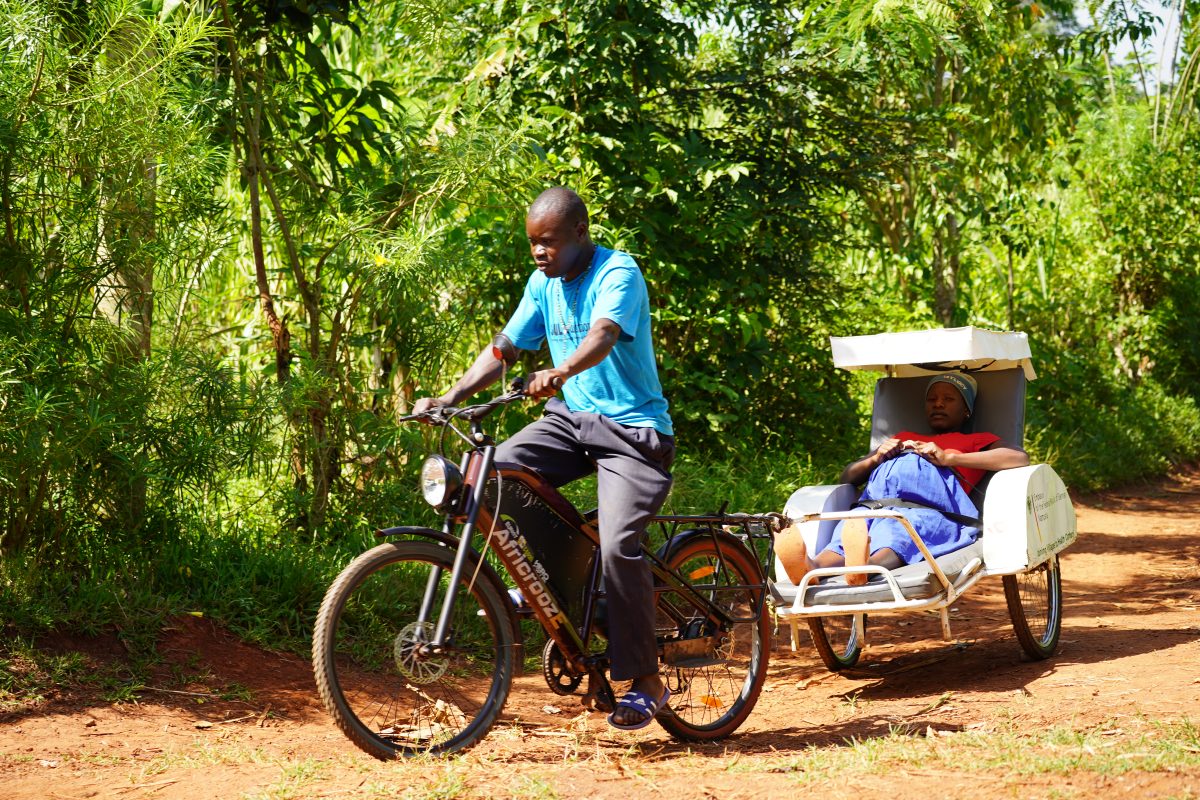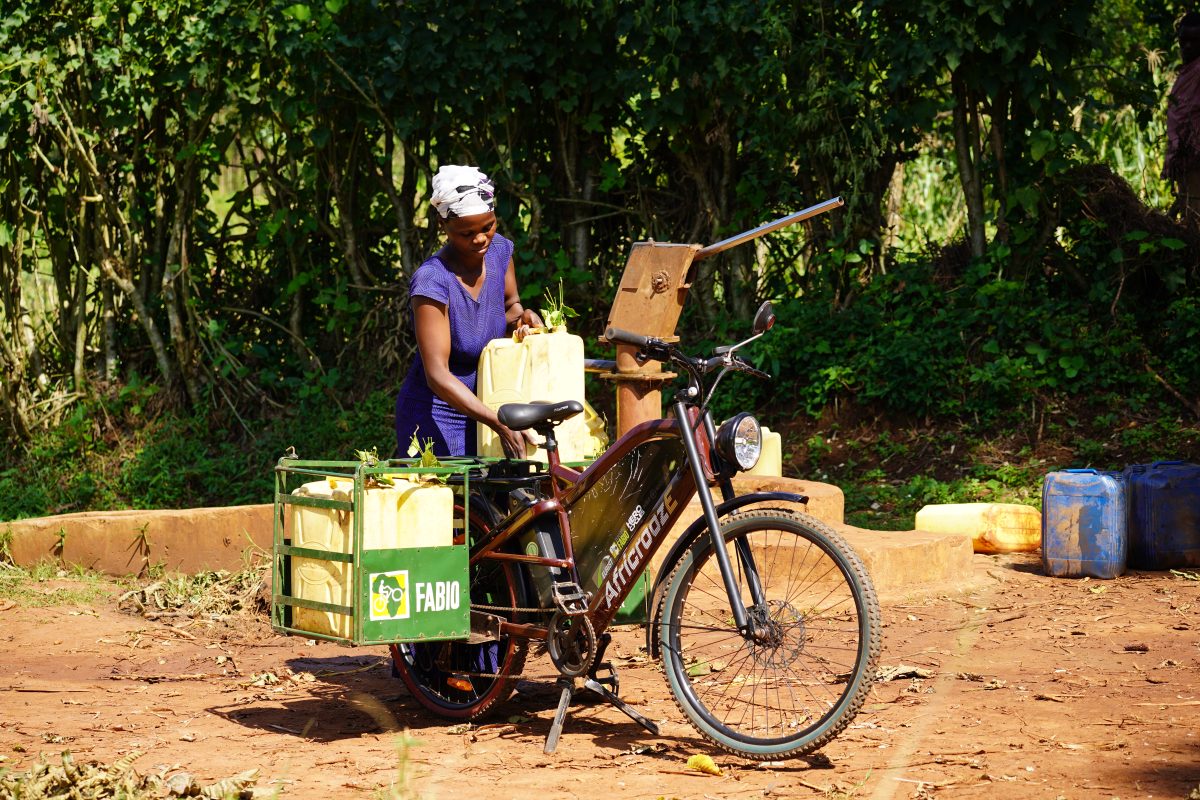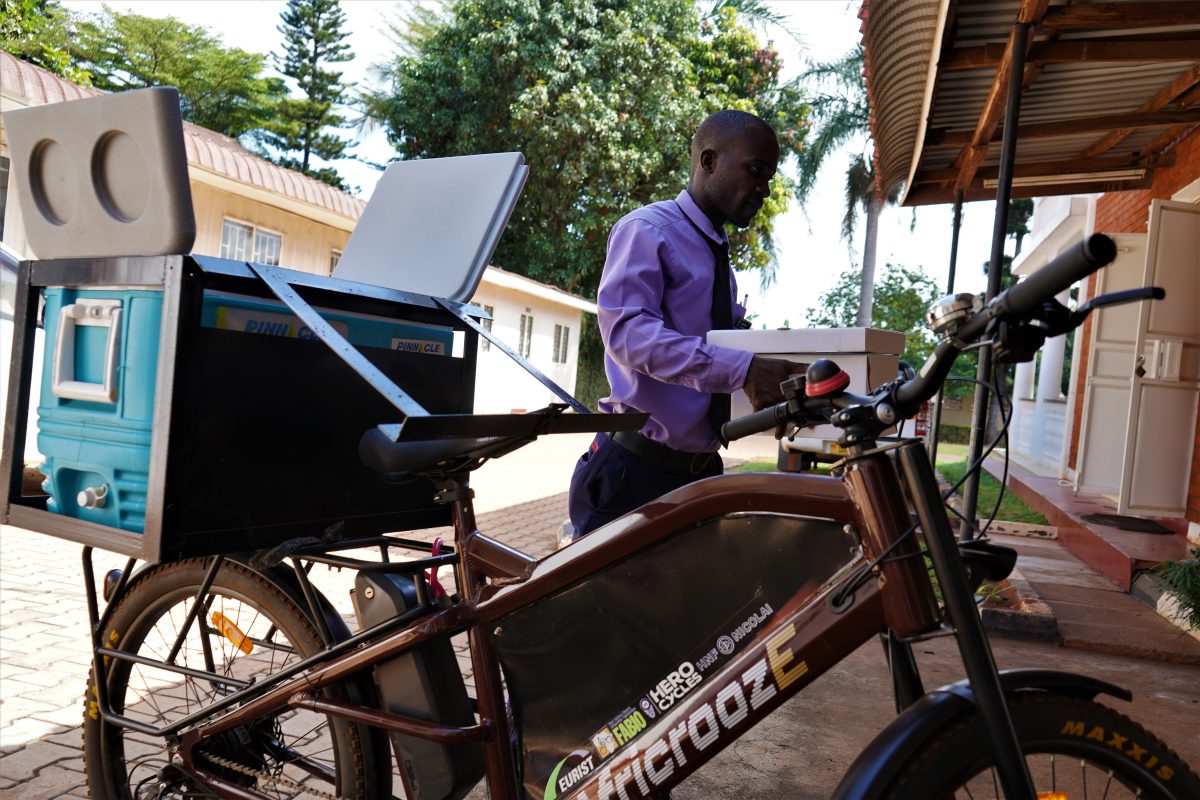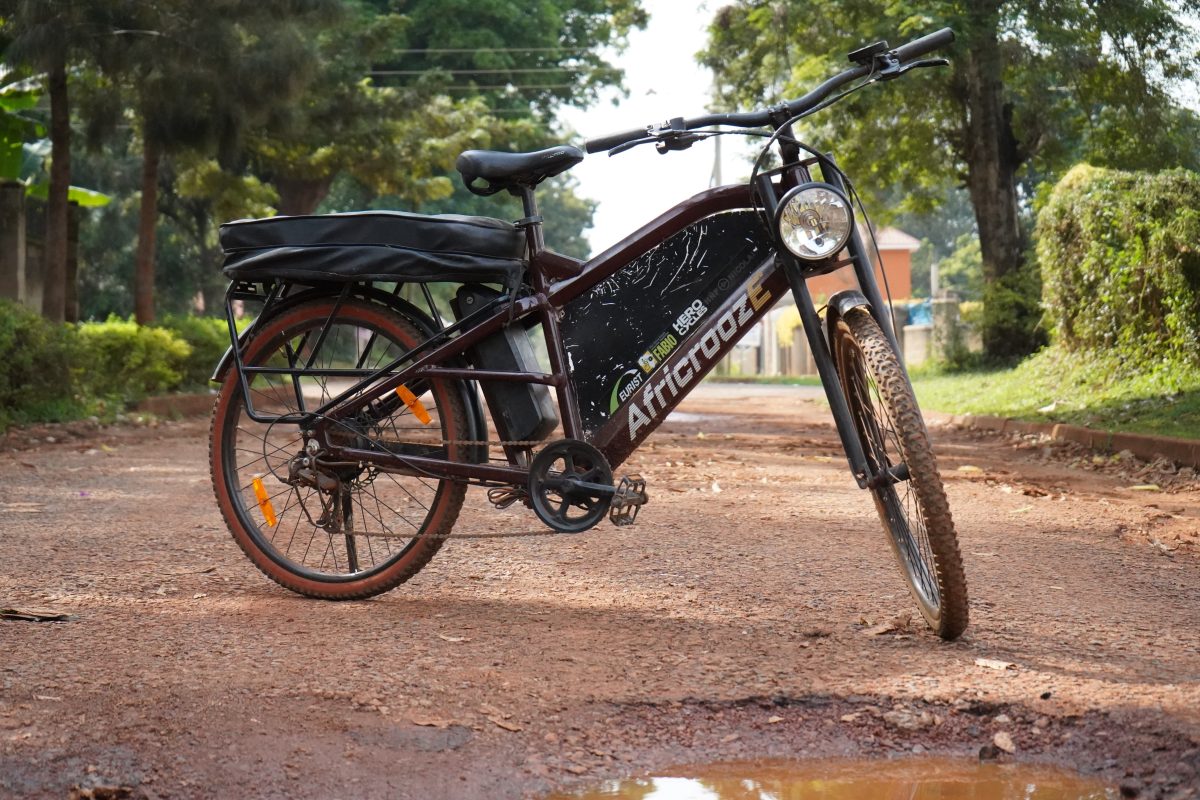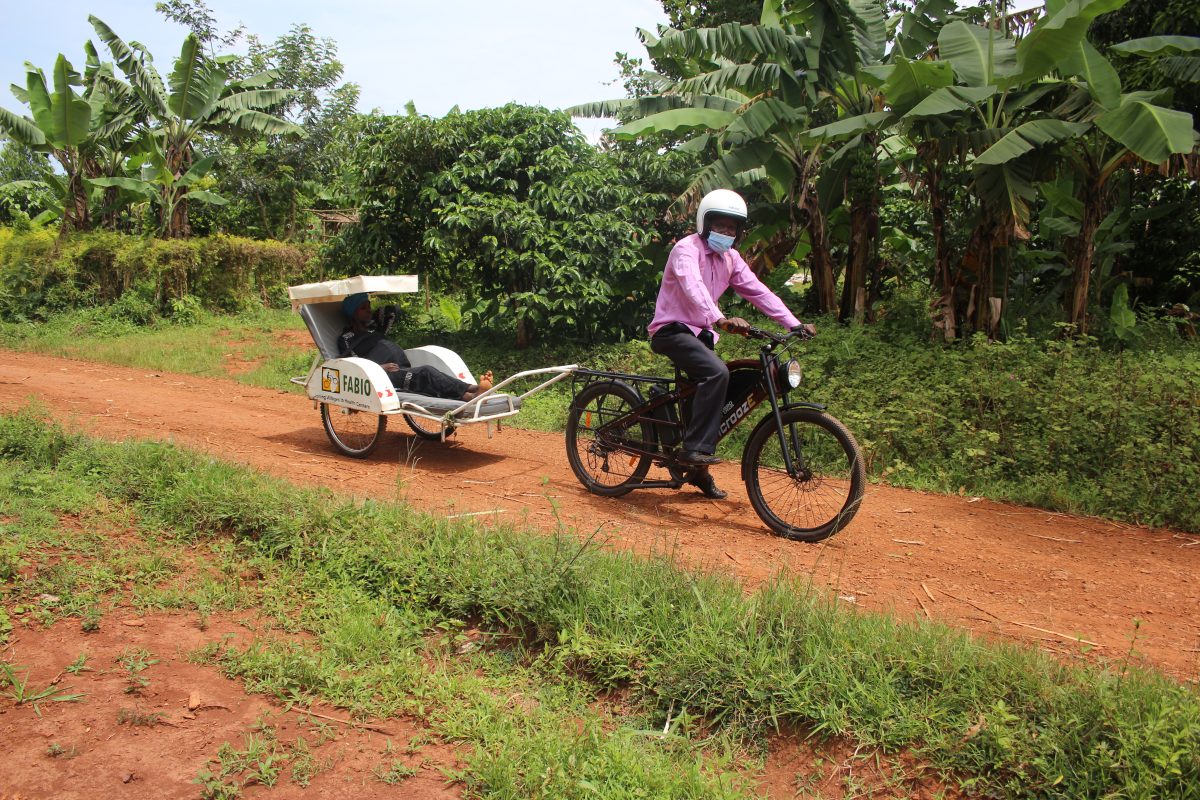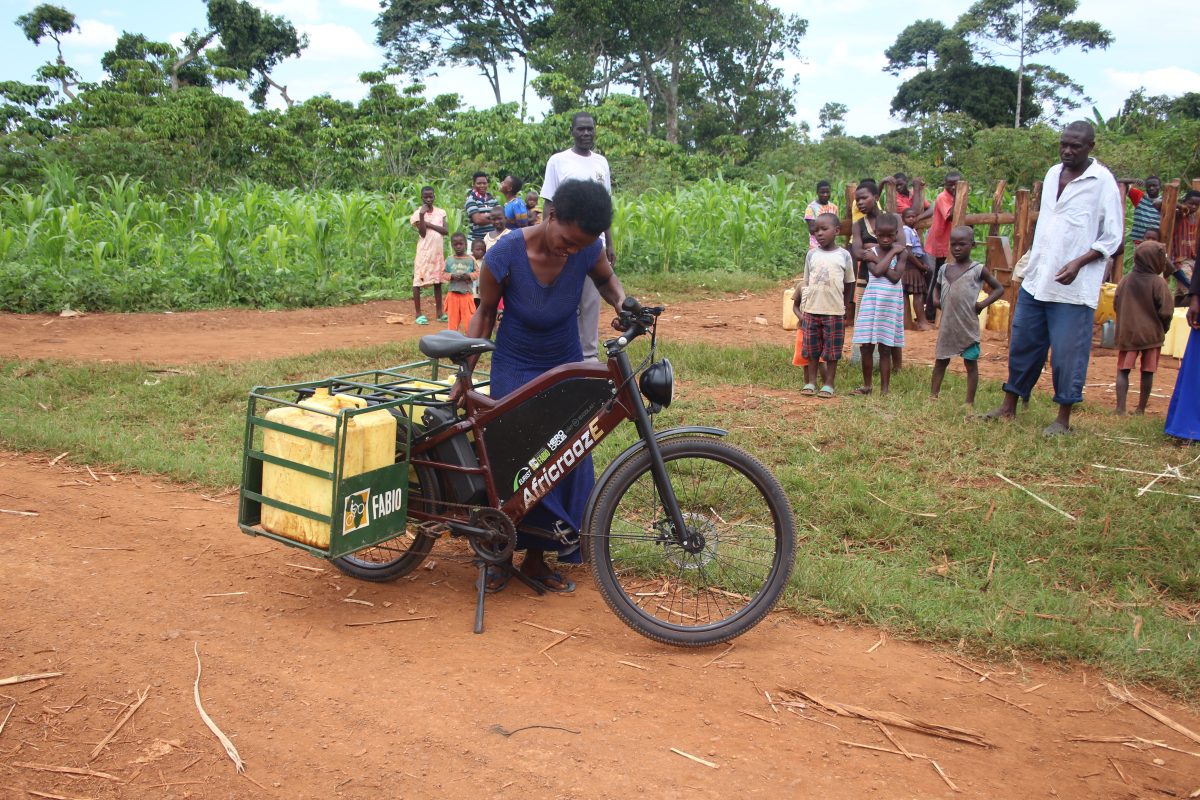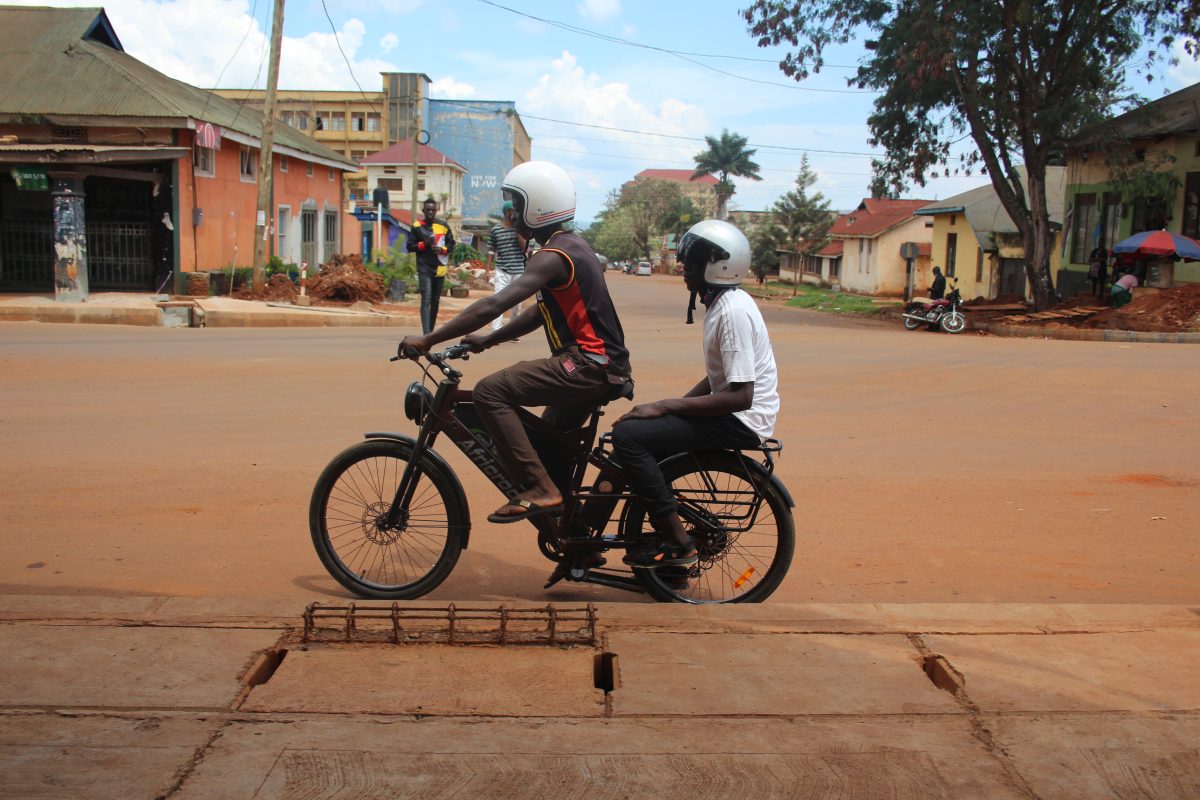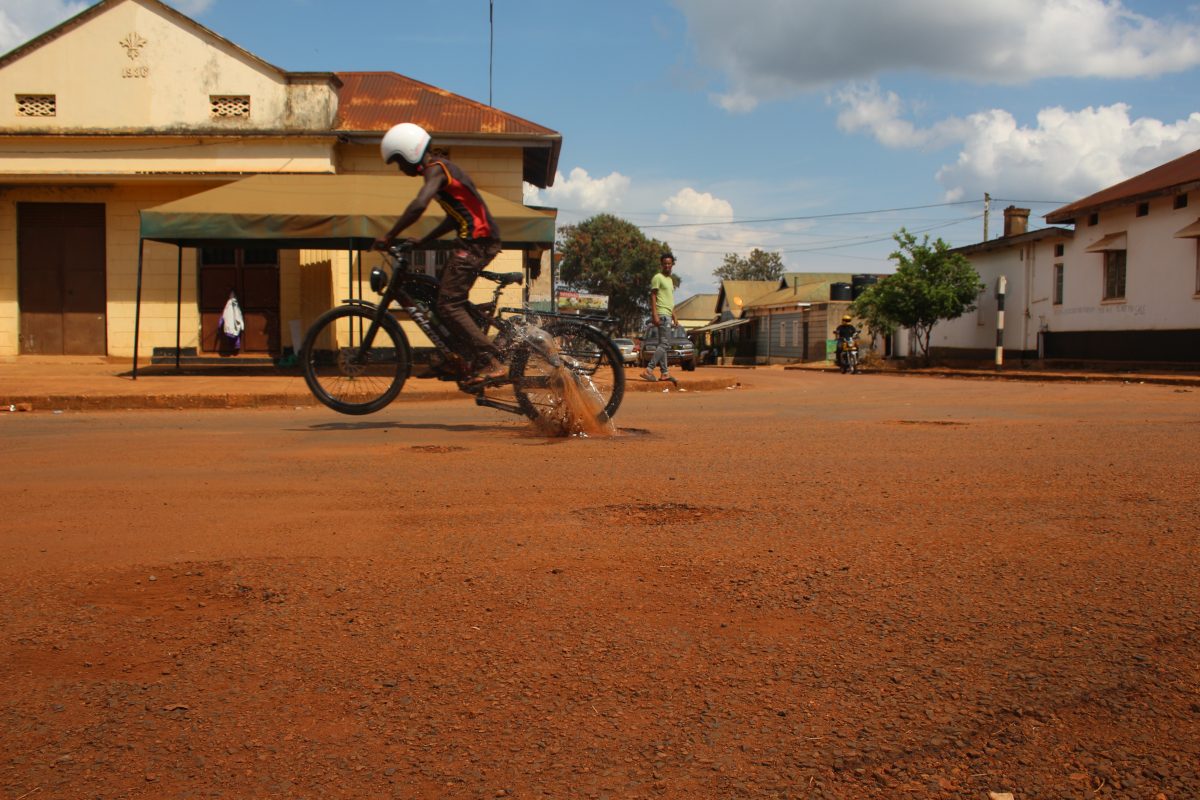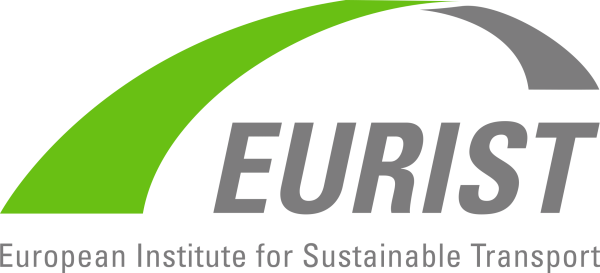E-bikes for transporting people and goods in urban and rural areas in Uganda
The First African Bicycle Information Organisation (FABIO) is a Non-Governmental Organisation (NGO) that seeks to promote the use of sustainable transport solutions in Africa.
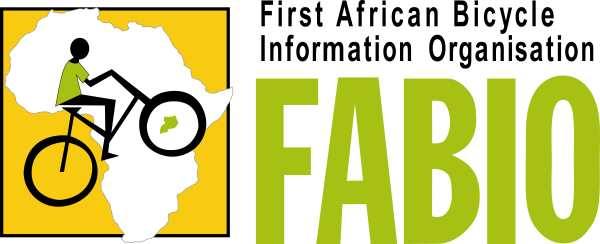
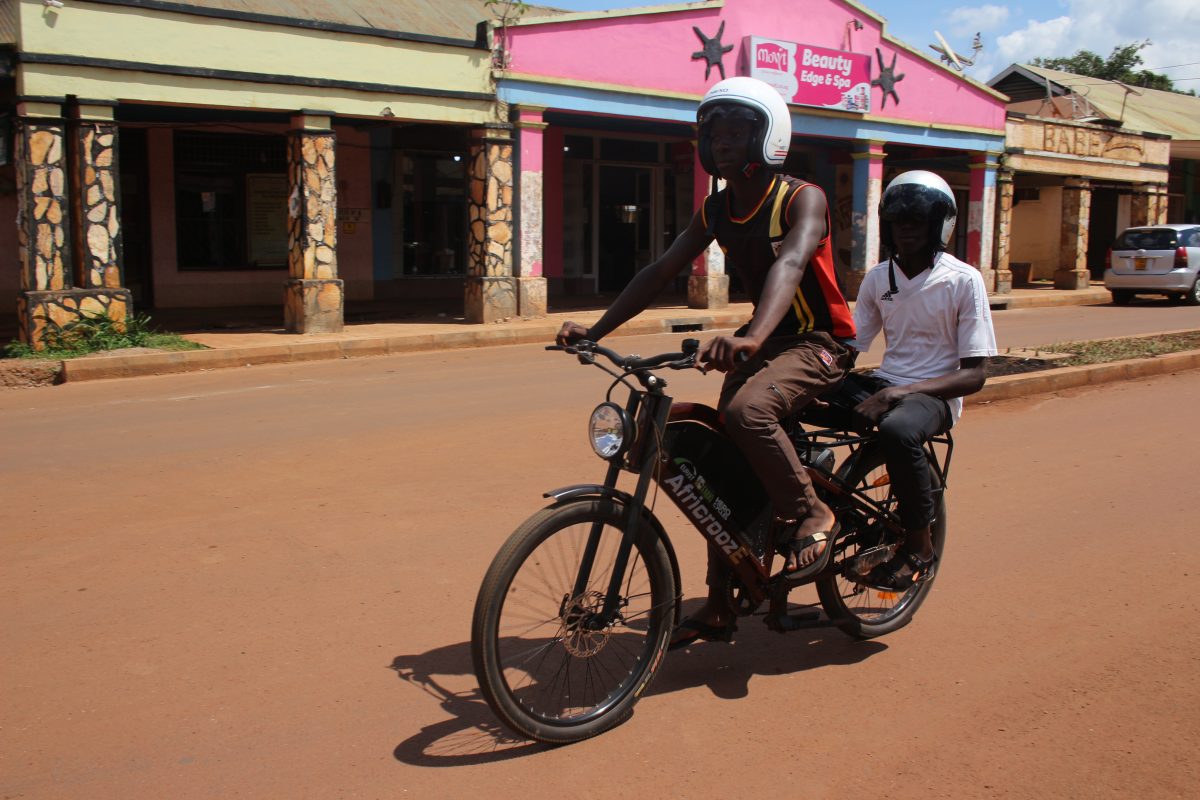
Overview of the project

E-bikes without emissions of any kind offer a unique alternative in the transport sector. Transportation speed, flexibility and passenger comfort remain comparable to the motorcycles. The lower acquisition costs and operating costs allow taxi operators to work more economically and allow other people to enter the passenger transport business and thus access to a regular income. As the initial costs represent a financial hurdle, microfinancing options are tested with the beneficiaries.
Additionally, the e-bikes are being used as delivery e-bikes encouraging new business cases to emerge. Some e-bikes are equipped with a trailer to replace ambulances in the health sector and other e-bikes contribute to women empowerment when used as water transporters for women groups.
Finally, all e-bikes are powered by green energy, predominantly with solar panels.
The project aims to foster the use of solar powered e-bikes in Uganda and contribute to a more sustainable change in mobility across different sectors (mobility, delivery, health, water transport).
Launching
Official dates: 11/2020 -10/2022, however, due to delays from COVID 19 related delivery delays, the project will be extended to ensure enough time for adequate project evaluation.
The introduction of a new environmentally friendly and affordable mode of transport which led to the following results:
- Improved access to water, health care, markets and other services.
- Users reported an improvement in health since using the ebikes (reduction in body pains)
- Climate protection and contribution to CO2 mitigation through sustainable mobility and solar charging/renewable resource charging
- Contribution to gender equality through empowering women groups
- Pregnant women have been able to have access to pre- and post-natal services
- Village Health Teams have been able to access government services to the community easily such as the distribution of bilharzia tablets, mobilizing the community to get vaccinated against covid 19 and the distribution of deworming tabs
- Improved quality of life (being able to buy new clothing and shoes)
- More time which they can use e.g. to bring children to school, for other side jobs (income earning activities and community engagement)
- Improved feeling of respect within the community
- Capacity building of local mechanics on ebike technology
- Awareness raising on sustainable transport and climate change
- E-bike taxi and delivery bike beneficiaries show an increase in income
- Increased range of mobility which leads to greater opportunities/chances (new business cases, new markets…)
- 85% of the users want to own an ebike
- New jobs created through local assembly
- 11 of the 17 SDGs are targeted by the project
The project was funded by the German development bank Kreditanstalt für Wiederaufbau (KfW).
organisation
The First African Bicycle Information Organisation (FABIO) is a Non-Governmental Organisation (NGO) that seeks to promote the use of sustainable transport solutions with major emphasis on active transport and mass public transport. It uses the bicycle and the e-bike as tools for improving the livelihoods of the vulnerable communities through enhancing the community access to basic services.
in collaboration




